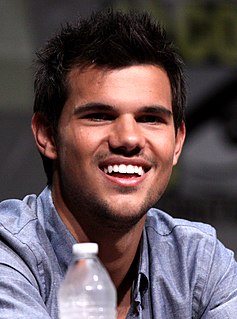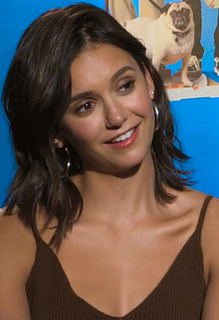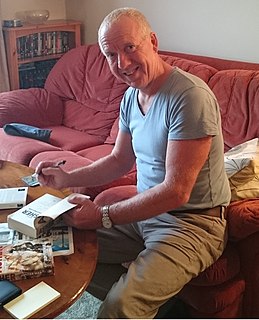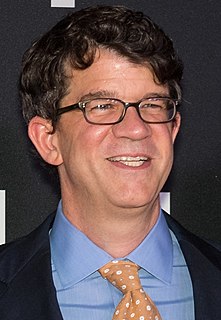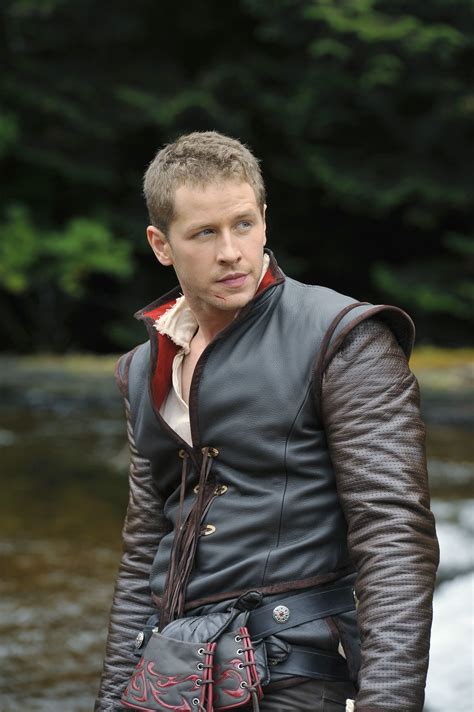A Quote by Taylor Lautner
I actually wasn't much of a book reader at all before the 'Twilight' series. They just draw you in, and people love them. They're terrific books.
Related Quotes
I read the 'Twilight' books before the movie and the whole craze happened. And then I loved it. I was in love with Edward before every other girl that says she's in love with him was. Because I read them a long time ago shooting a movie in Salt Lake City, and one of Stephenie Meyer's friends said, 'Make sure you read my friend's book.'
With fantasy, one often has to think of a well-loved series before narrowing the selection to a favourite book. So it is with Zelazny. I've read his 'Princes in Amber' books so often, I know them almost verbatim, so much so that I am now trying to forget them so I can return to them with renewed pleasure.
Every reader, as he reads, is actually the reader of himself. The writer's work is only a kind of optical instrument he provides the reader so he can discern what he might never have seen in himself without this book. The reader's recognition in himself of what the book says is the proof of the book's truth.
In my couple of books, including Going Clear, the book about Scientology, I thought it seemed appropriate at the end of the book to help the reader frame things. Because we've gone through the history, and there's likely conflictual feelings in the reader's mind. The reader may not agree with me, but I don't try to influence the reader's judgment. I know everybody who picks this book up already has a decided opinion. But my goal is to open the reader's mind a little bit to alternative narratives.
I like the idea of standalone novels. I always found with series of books, it's something that publishers love obviously because they can make a lot of money and they build an audience from book to book, but I don't like that as a writer. I prefer the idea of just telling a story, completing it within your book, and moving on and not forcing a child to read eight of them.
I feel lucky that I read so many books as a kid because I know that no matter how much I appreciate a book now, and I can love a book very much, it's never going to be that childhood passion for a book. There's some element, something special about the way they're reading books and experiencing books that's finite.
If you're a fan of it, there's a lot of things that plays into what the fans of the series want. If you've never seen them before, a lot of people who have seen it tell me that it's the most accessible of the three. It's a solid story, by itself, and it's more of a sort of action film. When I was watching Twilight the other day, I realized that you do need to read the book to get it.
There are many important books on oral history. My book was the launch title in the Understanding Qualitative Research series with Oxford University Press. I think what makes my book and all of the series books unique is the emphasis on writing instruction for researchers who want to use the method being described.
I think that actually the rhythmic nature of picture books and of young reader story books is a way to help kids fall in love with language and what you can do with it and how it sounds in your range. It sort of has a musicality but on the other hand they get the story and the ideas and the context of it. I think it's a way to get kids into it and I also think that when kids are around people who love books it rubs off on them.
